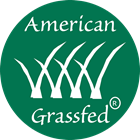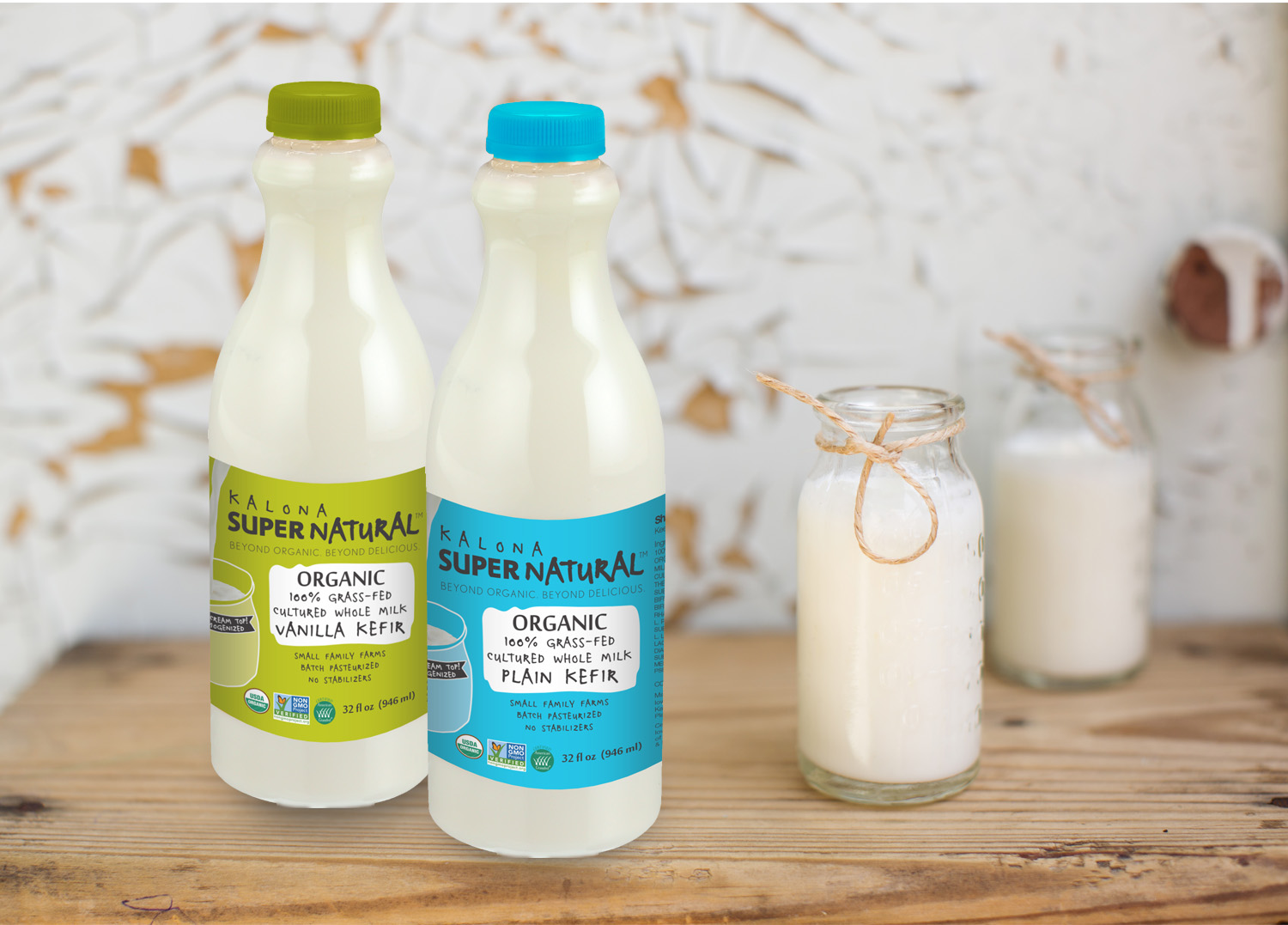For Immediate Release
Contact: Carrie Balkcom
(303) 591-3978
carrie@americangrassfed.org
Contact: Will Harris
(229) 317-0203
will.harris@whiteoakpastures.com
Unannounced Meeting to Promote the Import of Foreign Grassfed Beef Alarms U.S. Grassfed Producers and American Grassfed Association Leaders
Denver, Colorado – On Sept. 30, the American Grassfed Association board of directors learned of a movement that would threaten the livelihood of many American Grassfed Producers. In response, AGA is continuing its campaign to Buy American Grassfed.
Following a grassfed conference in upper New York State, a private group hosted a discrete, by-invitation-only meeting, “Fostering International Collaboration to Scale Premium Grass-Fed Beef” promoting corporate and foreign interests in the grassfed industry. The key goal of the group is to help large, corporate partners to identify potential external innovation in profitable and scalable food & agriculture businesses. A goal that clearly sides with corporate interests, regardless of origin, rather than American family farmers.
While several food industry parties, funding groups, and others were invited to attend, the American Grassfed Association (AGA), the producer-based leading organization in the Grassfed industry, was not extended this courtesy. In fact very few, if any, actual producers were in attendance or invited. However, after a bit of questioning, Will Harris, President of the American Grassfed Association and owner of White Oak Pastures in Bluffton, GA, was able to gain permission to attend.
The meeting “was attended by about 30 participants, and the majority seemed to see the advantage of importing foreign grassfed beef. It also seemed that many attendees would attain a financial benefit if American grassfed beef production was replaced by imported product.” I believe that I was the only person in the room who made their living solely by producing American grassfed beef,”Harris said.
The presenters made claims that American grassfed producers cannot support demand for production. They believe it is in the industry’s “best-interest” to invest in imported product and that Australian imports are superior to domestic product. What was not mentioned were any regulations, production practice standards, or government constraints that would be implemented. International marketing schemes and imported grassfed beef only serves commodity grassfed beef production systems and they work against the American grassfed producer.
AGA firmly supports the American Grassfed producers. AGA producers have gained trust with their consumers because their production systems are transparent and beneficial to American communities, economies, land, and animal welfare. It is important to protect the American grassfed producer and calling attention the issues and economic devastation that these imports and foreign interests pose to the future of American land, economical, and food systems.
###
About AGA: The American Grassfed Association was established on June 11, 2003 to promote the grassfed industry through government relations, research, concept marketing, and public education. Only farms and ranches certified to AGA standards may use AGA’s logo, trademark, service mark and/or design mark. AGA standards are verified by an independent, third-party, on farm yearly audit.


